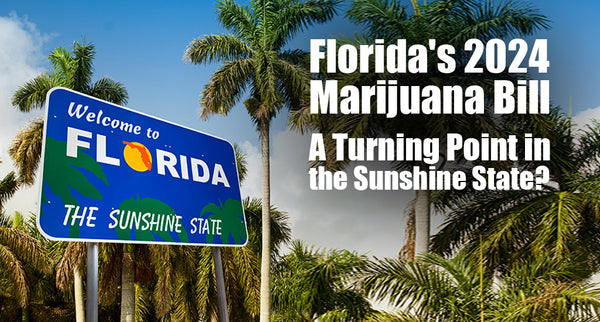
Rust' Film Set Shooting: Cannabis Use Allegations Spark Industry Debate
In the wake of a tragic incident on the 'Rust' film set, which led to the untimely death of cinematographer Halyna Hutchins, discussions around workplace safety and personal responsibility have surged. A report by Business Insider has brought to light allegations that the film's armorer may have engaged in marijuana use the night before the fatal shooting occurred.
This claim by prosecutors adds a controversial layer to the already complex investigation surrounding the circumstances of Hutchins' death. The intersection of personal lifestyle choices and professional accountability is at the forefront of this debate, prompting a deeper examination of how off-duty behaviors are perceived and their potential impact on workplace safety.
This article aims to delve into these allegations, exploring the nuances of cannabis culture, legal considerations, and the broader implications for industry standards and practices.
Our Opinion on the Allegation
The notion that an individual's off-hours cannabis consumption could directly lead to workplace accidents is a contentious one. It oversimplifies the complex nature of cannabis effects and ignores the myriad factors that contribute to workplace safety. To suggest a direct causal link between a professional's private, responsible marijuana use and an unfortunate incident the following day is not only reductionist but also dismissive of the broader issues at play in workplace safety and culture.
-
Misunderstanding of Cannabis Effects: Scientific research indicates that while cannabis can affect cognitive and motor functions, its effects are not uniformly detrimental and vary widely among individuals.
-
Lack of Direct Causality: Establishing a direct link between cannabis consumption and specific workplace errors without considering other variables is scientifically untenable.
-
Overlooking Workplace Safety Protocols: Focusing on an individual's private habits diverts attention from potential lapses in safety protocols and training.
-
Stigma and Cannabis Use: Such claims perpetuate the stigma around cannabis use, ignoring its legal and responsible use by millions of adults.
-
Individual Responsibility and Context: It disregards the capacity of individuals to distinguish between their personal and professional lives, making responsible decisions about their fitness for work.
Why the Claim Is Ridiculous
The assertion that off-duty cannabis use could be a root cause of workplace accidents is flawed for several reasons:
-
Science Does Not Support a Direct Link: Current research does not conclusively support the idea that responsible, off-duty cannabis use directly impacts professional performance in a manner leading to accidents.
-
Undermines Professionalism: Professionals in high-stakes fields are well aware of the importance of coming to work unimpaired and capable of performing their duties.
-
Safety Protocols Exist for a Reason: Industries with high safety risks have protocols designed to prevent accidents, which include, but are not limited to, monitoring impairment.
-
Varied Effects of Cannabis: The effects of cannabis vary significantly among individuals, with many experiencing minimal to no impact on their cognitive or motor skills hours after use.
-
Neglects Other Factors: This claim ignores other potential factors like lack of sleep, personal stress, or even workplace culture, which might contribute more significantly to accidents.
Conclusions
The attempt to draw a direct correlation between an individual's private cannabis use and a tragic incident in a professional setting is not only scientifically unfounded but also unfairly simplistic. It overlooks the complexity of cannabis effects, individual responsibility, and the multifaceted nature of workplace safety. As we navigate the evolving landscape of cannabis legalization and cultural acceptance, it's crucial to base our discussions on evidence and comprehensive understanding, rather than resorting to sensationalism or stigma. A balanced approach, recognizing the importance of both personal freedom and workplace safety, will serve us better in creating policies and practices that truly enhance public and professional well-being.
Leave a comment
Comments will be approved before showing up.



